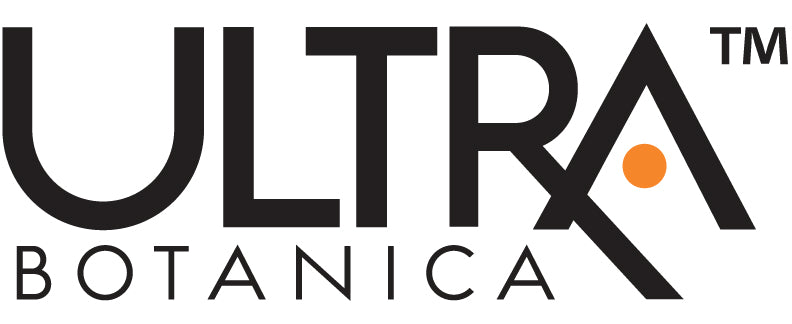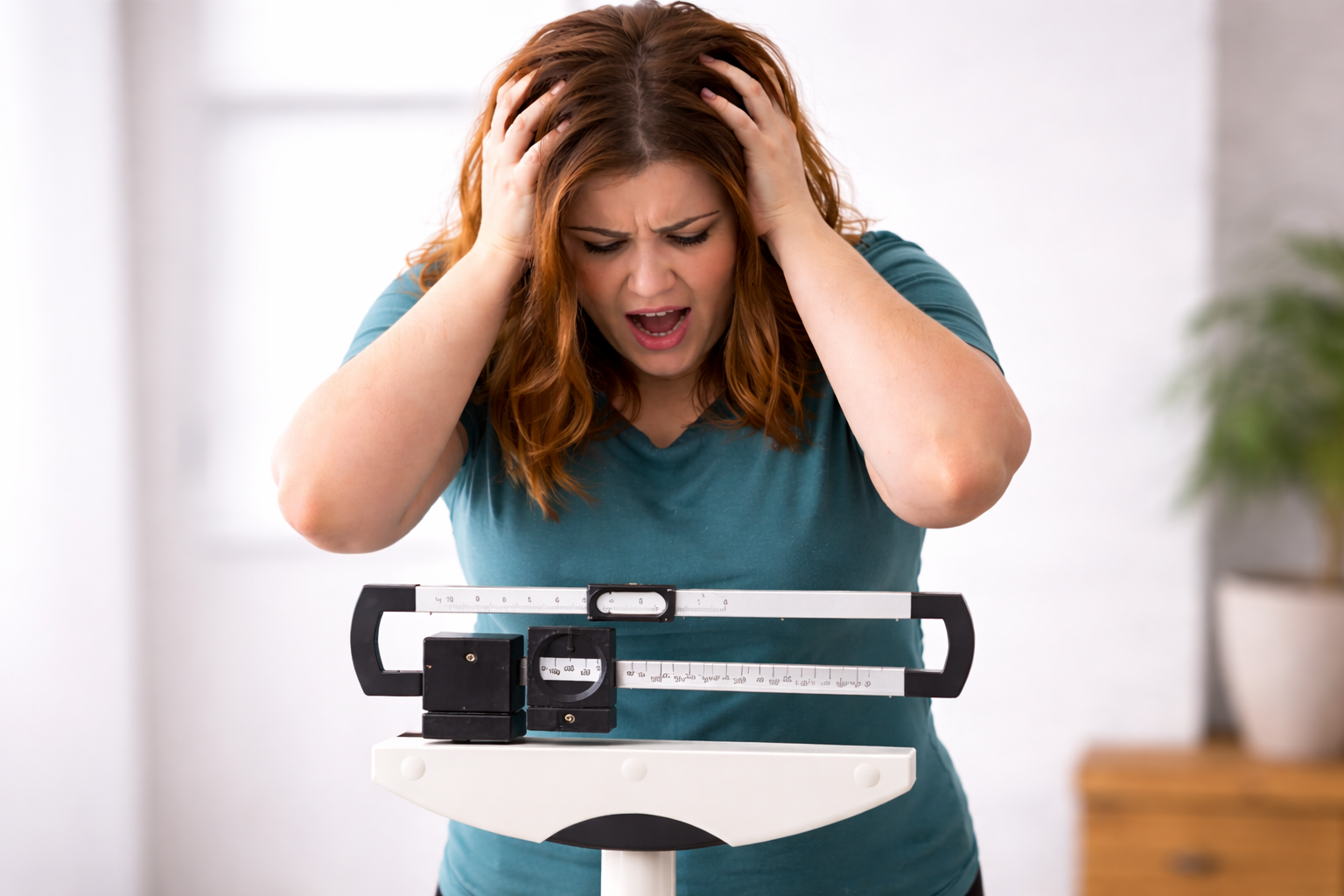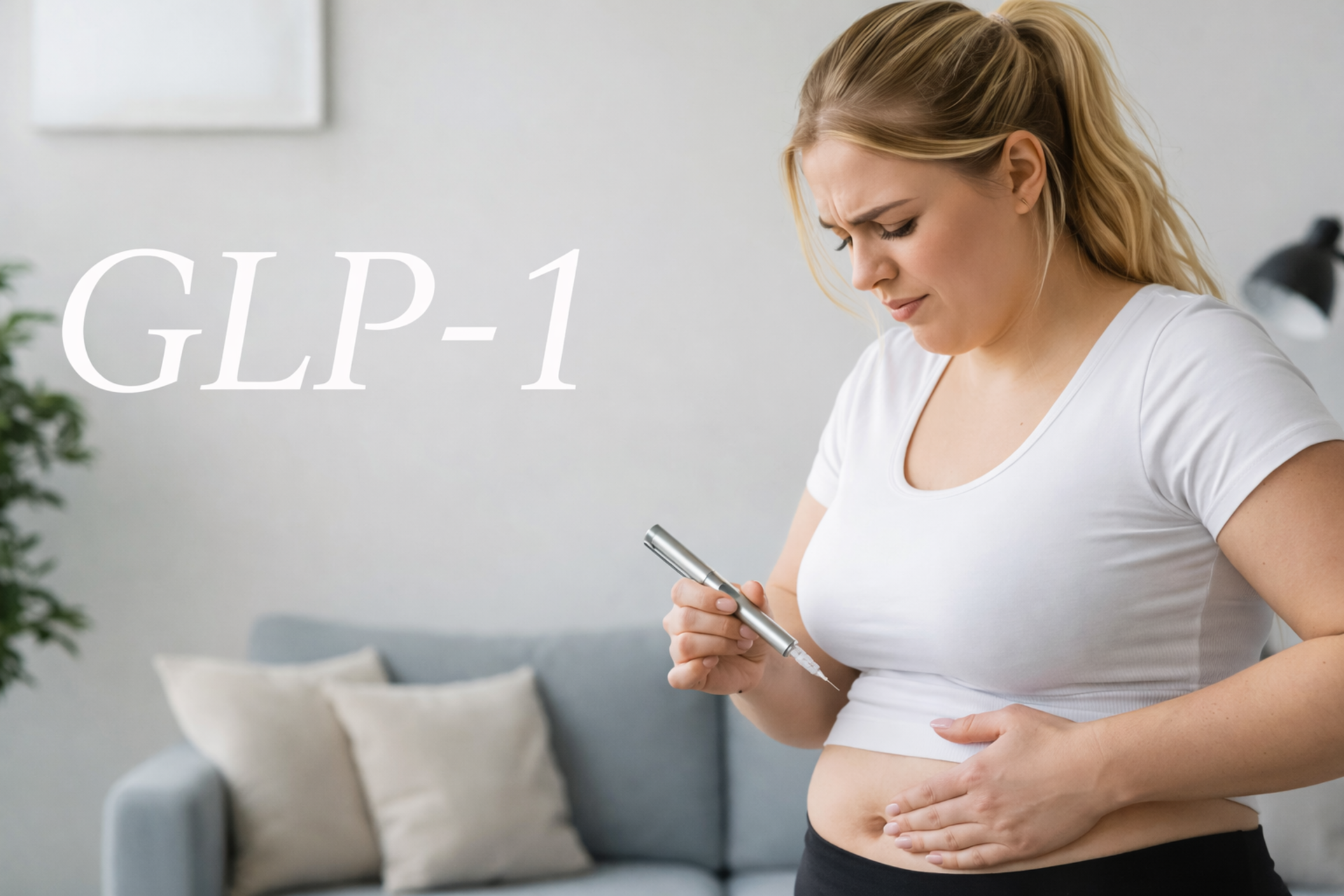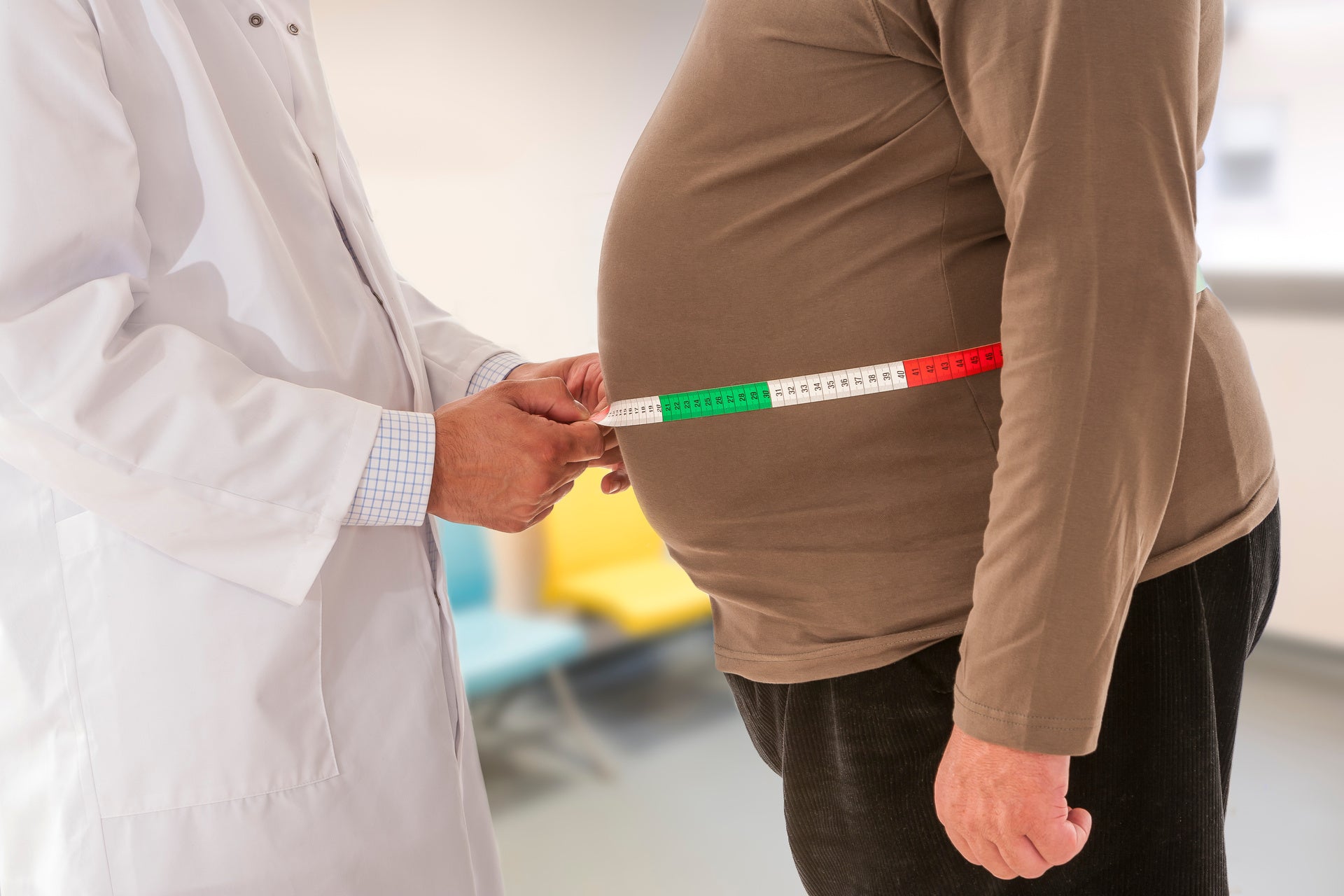The journey to parenthood can be exciting, albeit uncertain. If you’re looking to boost fertility naturally, conceive, and give birth in 2025, you’re not alone.
Understanding your body better empowers you to make informed lifestyle choices. Let’s explore ways you can boost fertility naturally with a holistic approach backed by research.
Nutrition and Fertility: Eat a Fertility Diet
What you eat plays a huge role in reproductive health. Focus on eating nutrient-rich foods that promote fertility and support your unborn baby once you conceive. Certain nutrients, such as those found in a fertility diet, significantly impact both male and female fertility.
The Power of Antioxidants
Antioxidants neutralize free radicals, which are unstable molecules that can damage your cells, including sperm and egg cells. Eating antioxidant-rich foods is essential for fertility.
Studies suggest you consume antioxidants like vitamins C and E, folate, beta-carotene, and lutein to improve fertility. Boost your intake by eating fruits, vegetables, nuts, and whole grains.

Omega-3 Fatty Acids: A Fertility Essential
Omega-3 fatty acids are crucial for reproductive health and your body doesn’t produce them on its own. Omega-3s are healthy fats shown to increase fertility by encouraging egg production and boosting blood flow to your reproductive organs.
You’ll find omega-3s in fatty fish (like salmon, sardines, and cod), eggs, flax seeds, chia seeds, and walnuts. Avoid trans fats as they may raise the risk developing ovulatory infertility.
Limit Carbs if You Have PCOS
For women with polycystic ovary syndrome (PCOS), a common disorder affecting hormone levels and ovulation, reducing carb intake is critical, as this issue is often linked to poorly regulated blood sugar. So research suggests a lower carb eating plan may be especially beneficial for women with PCOS.
Reducing refined carbs (found in sugary foods and processed grains) keeps your weight down and lowers the hormones testosterone and insulin, both of which are linked with infertility.
What’s more, eating a low carb diet may help prevent negative pregnancy outcomes such as gestational diabetes.
Prioritize Protein and Fiber
A Mediterranean-style diet high in healthy protein sources is linked to improved fertility outcomes. Choose fish, grass fed beef, chicken, and plant-based proteins (nuts, seeds, and lentils). Reduce processed and conventional meats.
Remember fiber. A high-fiber diet supports stable blood sugar levels. This is important for hormonal balance and may be linked to higher fertility chances. Consume the full-fat version of yogurt, kefir, and milk, and avoid varieties that contain the hormone rBST.
Avoid Alcohol
Binge drinking (more than 5 drinks in one sitting) can greatly increase the likelihood of irregular ovulation. And drinking alcohol in small amounts but several days per week can also hurt your fertility.
Once pregnant, alcohol can do permanent irreversible damage!
So the bottom line on alcohol may be to avoid it during this stage of your life.

Take Prenatal Vitamins
Your body needs to be in tip-top shape to conceive and then support that pregnancy throughout 9 months plus the breastfeeding months. Start taking prenatal vitamins now to boost fertility naturally and be sure your body is getting the nutrients it needs.
Other Helpful Supplements
Nearly 40% of women with ovulation dysfunctions are low in vitamin D. Vitamin D supports the production of sex hormones in both men and women. Deficiency is common in women with PCOS.
Vitamin D sufficiency appears to reduce the risk of complications for both mother and baby, regardless of PCOS status.
A meta-analysis found that infertile women who supplemented with vitamin D for 30 to 60 days were more likely to conceive than those in the control group.
Vitamins B6, B9, and B12 are essential. Insufficiency of any of these B vitamins can affect fertility and pregnancy outcomes. Look for the folate form of vitamin B9, which is better absorbed and utilized than the highly touted folic acid.
This is especially true if you have the genetic variant that requires taking B vitamins in the methylated MTFHR form.
Folate facilitates the proper fusion of your baby’s neural tube during the second and third weeks of pregnancy, when you might not even know yet that you’re pregnant.
There’s some evidence that a selenium is protective of female fertility, and deficiency can cause pregnancy complications or miscarriage.
In males, protein or amino acid deficiency may affect fertility. Clinical trials show that CoQ10 improves sperm quality and sperm count, including motility. Selenium insufficiency may cause infertility due to poor-quality semen and sperm motility.
Maintain Adequate Hydration
You might not even consider hydration with pure water in relation to conceiving, but it’s highly important. It promotes good blood flow, adds viscosity to your cervix, and makes it more likely that an egg will be fertilized.

Beyond Diet: Lifestyle Choices that Matter
Diet isn’t the only factor impacting fertility. While dietary changes are a great start, other healthy lifestyle habits enhance natural ways to conceive.
Find Your Ideal Weight
Maintaining a healthy weight is vital for reproductive function and ovulation, especially if you have PCOS. Maintaining a healthy BMI and reducing a high body mass index is beneficial.
Research shows weight loss (if overweight) can boost fertility naturally. Be careful to balance weight loss or gain with proper nutrition. Getting enough iron is important.
Both underweight and overweight women tend to have trouble conceiving. A body mass index of 20 to 24 is considered best for conceiving.
The excess hormones produced by fat cells produce an over-abundance of estrogen, which tricks your body into thinking it’s already pregnant, and therefore ovulation isn’t needed. Obesity also increases your risk of PCOS and type 2 diabetes.
Being underweight — especially below 18.5 body mass index — signals your body to make less estrogen or none at all. This produces irregular cycles and fertility issues.
Embrace Movement
Regular moderate exercise can boost natural fertility. Avoid overly strenuous workouts when trying to conceive. Exercise also promotes overall well-being. Find enjoyable activities like biking, walking, swimming, and yoga.
Give Up Smoking
The chemicals in cigarettes literally reduces the number of eggs you have. You have a set number of eggs to start with, and once they’re gone, they’re gone. They’re not replaceable, unlike male sperm, which are continually produced.

Avoid Endocrine-Disrupting Chemicals (EDCs)
EDCs are chemicals that mimic or block hormones in the body, leading to adverse health outcomes. Three of the most studied and highest-impact EDCs include bisphenol A (BPA), phthalates, and polybrominated diethyl ethers (PBDEs).
Phthalates and BPA have short half-lives of hours to days, but PBDE can persist in your fat tissue for months. NHANES data shows detectable levels of all three EDCs in urine in most Americans, especially reproductive-age women.
These widespread chemicals are hard to avoid. Best ways to do so include drinking out of glass containers, buying organic produce, cooking at home, and decreasing processed food consumption.
Check the ewg.org website for the content of these chemicals in commercial products to make better buying cleaner choices.
BPA
BPA is linked with lower fertility in women and is also associated with lower birth weights. Some studies show BPA alters gene expression of factors controlling fetal growth and metabolism.
A caution: Widely publicized alternatives to BPA are turning out to be just as risky. Limit use of plastic containers and especially reheating in plastic containers in microwaves. Switch from plastic containers to glass or stainless steel.
Avoid taking cash registers receipts printed on thermal paper. During preconception, pregnancy, and lactation, avoid canned foods and any bottled water with the number 7 stamped on the bottom.
Phthalates
Phthalates are synthetically derived and used as plasticizers in personal, medical, consumer care products, processed foods, and restaurant food.
Phthalates are linked with premature delivery, miscarriages, endometriosis, and lower pregnancy rates. In men, phthalates have been shown to cause sperm DNA damage, abnormal semen, and decreased motility.
To decrease exposure, avoid plastics, cook at home, reduce or avoid fast foods, and choose fragrance-free personal care and cleaning products.

Polybrominated Diethyl Ethers (PBDEs)
PBDEs are used in flame retardants on upholstered furniture, textiles, carpeting, and some electronics. Another exposure is dust brought into the home. High PBDE levels are linked to stillbirth, premature birth, and low birth weight.
In children, PBDEs are linked to lower IQ and poor attention span. To cut exposure, don’t buy new furniture, carpeting, or curtains containing PBDEs from pre-conception through pregnancy.
Also, leave shoes at the door or outside, and wash hands to limit PBDE-contaminated dust.
Manage Stress to Boost Fertility Naturally
There’s a stronger relationship between stress and fertility than you might expect. Stress affects all your organs and cells. And the added stress of trying to conceive, waiting, and being disappointed once again, doesn’t help.
Stress’s direct impact on fertility is still being researched, but studies suggest it affects the menstrual cycle, which could impact fertility.
Explore stress-busting practices including meditation, yoga, cognitive behavioral therapy, and deep breathing, as well as enjoying time out of doors in natural settings.
Monitor Your Ovulation
Eggs only stay viable for 12 to 14 hours, whereas sperm can live in the female body for up to 5 days.
Making sure they’re both in the same place (your uterus) at the same time, or at least that the sperm arrives before the egg, can increase your chances of a fertilized egg.
Ways to monitor your ovulation include tracking your basal body temperature, breast sensitivity, and cervical mucus. You can also purchase ovulation tracking kits.
Be Busy in the Bedroom
Regular lovemaking can reduce stress and take the pressure off the two or three days per month that you expect to be fertile. It also aids blood flow which in turn helps keep egg and sperm viable for longer when the time is ripe.

See an OB-GYN (Women) or Urologist (Men)
If these diet and lifestyle tips don’t seem to help, schedule an appointment with an OB-GYN. They can provide patient education and run fertility tests, which may include levels of your follicle-stimulating hormone (FSH) which triggers egg release.
Low FSH levels can prevent ovulation in mid-cycle, even in the presence of “normal” periods — completely altering your fertility window.
The male partner is advised to visit a urologist to assess what factors may affect male infertility. In some cases, the same issues that apply to the female also applies to him — including weight, exercise, nutrition, hormones, as well as other factors.
Some sources recommend not carrying your cell phone near your reproductive organs, as it may affect fertility.
Be in Sync with Your Fertility Timeline
The prime years for conception and giving birth from a physical point of view is in the late teens through mid-twenties, especially for women. If there’s a “best” age to give birth, this is it — 18 to 24.
Having a child during these years cuts the risk of fertility problems and potential birth defects. In your mid-twenties to mid-thirties your chances of conceiving are still high. The female body still produces good-quality eggs.
But around age 35 your chances drop precipitously. Overall, female fertility in your thirties is about half of what it is in your mid-twenties. Does that mean you can’t have children in your 30s? No, certainly not.
While 20% of first-time moms now give birth to their first child after age 35, one-third of these couples experience fertility problems. During this time, it takes longer to conceive, and the pregnancy risks are higher.
In other words, advancing age is a major risk factor for female infertility.
Conclusion
To boost fertility naturally you’ll need patience and persistance. Focus on gradual, sustainable changes. These changes should enhance your physical and emotional well-being, in addition to boosting fertility.
If you’re trying to get pregnant, the health of both partners before conception is paramount. Start priming your best health today with your healthiest diet ever, supplements, exercise, and avoiding toxins. And don’t wait till you’re 40 to get started. Good luck!

Frequently Asked Questions
How do vitamin deficiencies affect fertility?
Vitamin deficiencies can impair fertility by disrupting hormone regulation, ovulation, and embryo development.
For example, Vitamin D supports hormone production; B6, B9 (folate), and B12 aid egg quality and neural development; and Vitamins C and E act as antioxidants, protecting egg and sperm cells. Addressing deficiencies enhances fertility for both partners.
Do endocrine-disrupting hormones have a negative role for pregnancy?
Yes, EDCs like BPA, phthalates, and PBDEs can harm fertility, increase miscarriage risks, and affect fetal health.
What are some lifestyle related ways to boost fertility naturally?
Maintain a healthy weight, eat a nutrient-rich diet, exercise moderately, avoid smoking and alcohol, reduce stress, use glass instead of plastic, and monitor ovulation to boost fertility naturally.





Share:
Winter Skin Care Tips: Protect and Nourish Dry Skin
Understanding and Managing Seasonal Affective Disorder